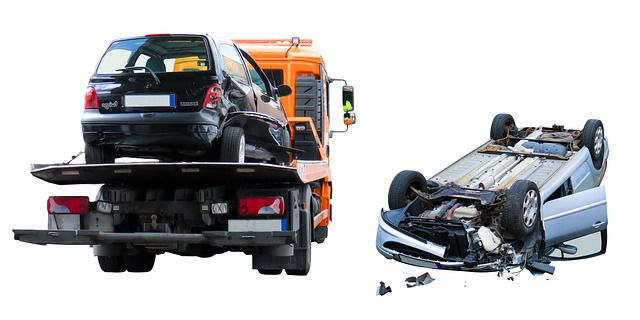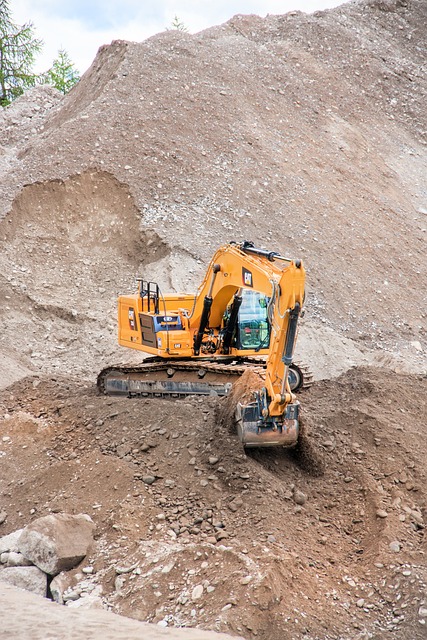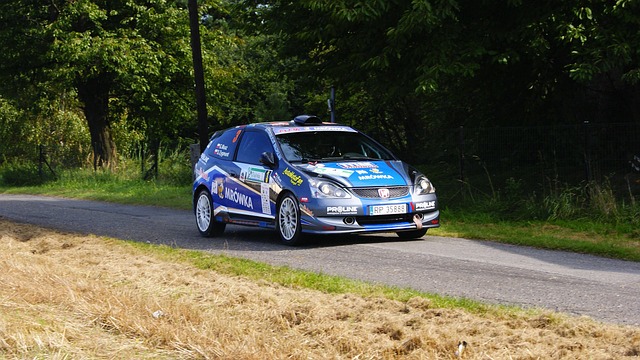Identifying potential issues is crucial for successful core support replacement projects, including researching vehicle specifics, understanding repair history, and preparing a toolkit with backup parts. Unforeseen challenges like hidden rust or damage can complicate repairs, so meticulous inspection by experienced mechanics using specialized tools minimizes risks, streamlines the process, and ensures high-quality outcomes. Accurate part specifications are vital to avoid misfits, compromise repair integrity, or cause further damage, particularly in complex systems like Mercedes Benz. Mechanics must verify every detail to prevent subpar restoration affecting vehicle performance and safety standards.
“Embarking on core support replacement work, while crucial for equipment longevity, presents a myriad of challenges. From unexpected damage during disassembly and part specification inaccuracies to tool inadequacy, each step demands meticulous planning. This article delves into the complexities of core support integration, where incompatibility, intricate reassembly, and precise alignment pose significant hurdles. Additionally, it explores the tightrope walk between strict deadlines and quality assurance, highlighting the importance of thorough testing and quality control measures for long-term success in core support replacement.”
- Identifying and Preparing for Unexpected Issues
- – Unforeseen damage during disassembly
- – Inaccuracy in replacement part specifications
Identifying and Preparing for Unexpected Issues

Identifying potential issues is a critical step in any core support replacement project. During preparation, it’s crucial to research and anticipate challenges specific to the make and model of the vehicle. Many factors can contribute to unforeseen complications, such as rust or corrosion that requires extra dismantling, or the need for specialized tools not initially planned for. A thorough understanding of the process and the vehicle’s history, often revealed through mercedes benz repair records or auto detailing assessments, can help mitigate these surprises.
Moreover, preparing for unexpected issues involves assembling a comprehensive toolkit with backup parts for common repairs, like auto glass repair. This proactive approach ensures that any unforeseen challenges during core support replacement don’t turn into major delays. It’s about being ready for the unknown, ensuring the work progresses smoothly, and ultimately delivering a quality result even in the face of unexpected complications.
– Unforeseen damage during disassembly

During core support replacement work, one of the most common challenges is encountering unforeseen damage during the disassembly process. This can occur in various forms, such as hidden rust spots that compromise the structural integrity of the car bodywork or damaged components that require additional repair or replacement. Automotive repair technicians must be meticulous and thorough in their inspection to identify these issues early on, as they can significantly impact the overall complexity and cost of the project.
In a vehicle body shop, where precision and accuracy are paramount, unforeseen damage can lead to delays and increased labor costs. It’s crucial for mechanics to have extensive experience and utilize specialized tools to navigate complex car bodywork, ensuring that every part is carefully examined before disassembly. This proactive approach not only minimizes the risk of further damage but also contributes to a smoother core support replacement process, ultimately delivering a high-quality repair outcome for the customer.
– Inaccuracy in replacement part specifications

One of the significant challenges in core support replacement work is dealing with inaccurate specifications for replacement parts. With complex automotive systems, ensuring that each component is precisely matched to its counterpart is critical. However, faulty or outdated information can lead to misfit parts, compromising the integrity of the repair and potentially causing further damage. This issue is particularly pertinent in the collision center setting, where quick fixes and temporary solutions might be appealing but ultimately detrimental to long-term vehicle performance.
In the realm of Mercedes Benz repair, for instance, precision is paramount. Accurate part specifications not only ensure compatibility but also guarantee optimal performance and safety standards. Improperly fitted parts could result in a subpar car restoration, affecting driving dynamics and handling. Therefore, mechanics must verify every detail to avoid such pitfalls, ensuring that replacement parts align with the vehicle’s specific requirements for a successful core support replacement.
Core support replacement work often involves navigating unexpected challenges, from unforeseen damage during disassembly to inaccuracies in replacement part specifications. While these issues can complicate the process, careful preparation and proactive problem-solving strategies can significantly mitigate their impact. By anticipating potential problems and having contingency plans in place, teams can ensure smoother operations, reduce downtime, and ultimately achieve a successful core support replacement.














